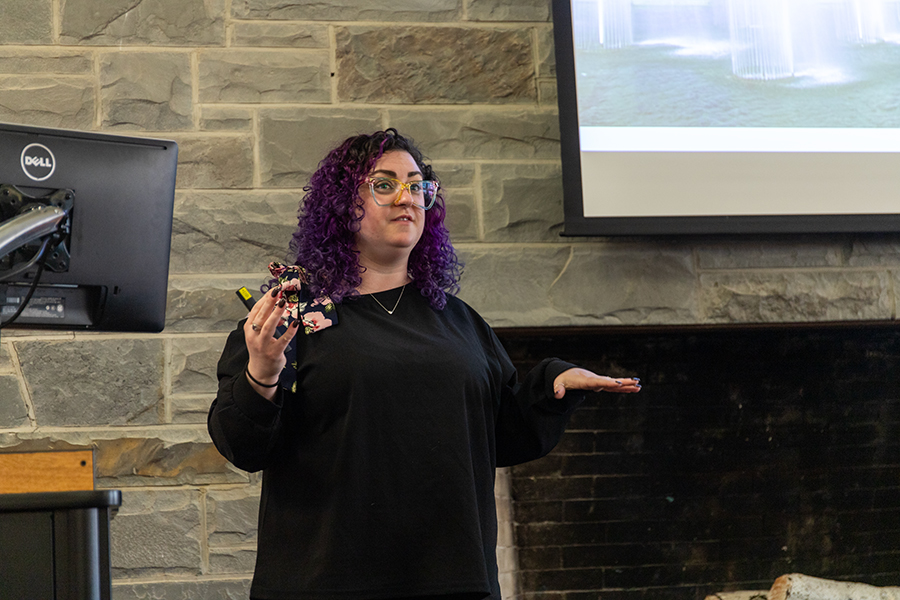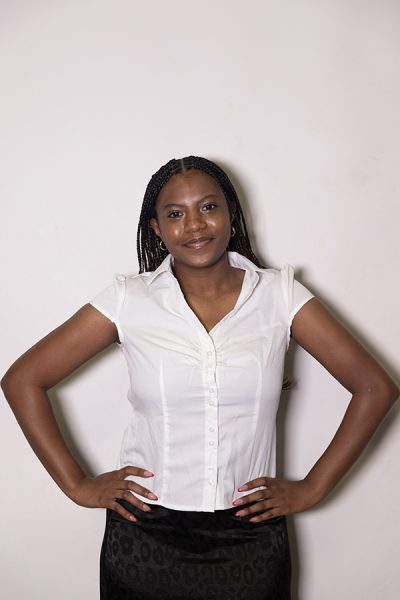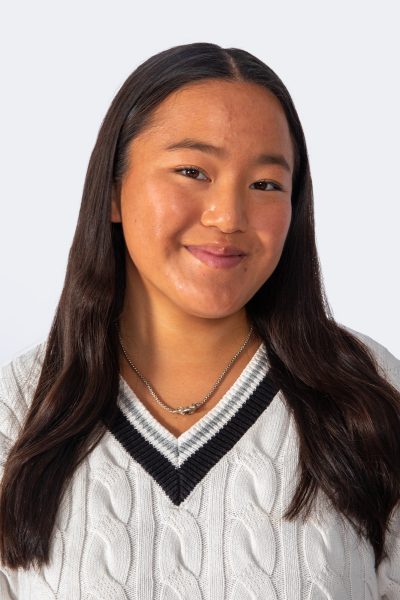The Ithaca College Student Governance Council met April 15 to hear from David Gondek, associate professor in the Department of Biology and chair of Faculty Council, to give their feedback on end-of-semester student statements. The council also heard from Crissi Dalfonzo, director of LGBTQ Education, Outreach, and Services, to hear more about LGBTQ+ resources on campus and how to promote more gender-inclusive language.
Gondek explained that the faculty council has been working on solutions to improve the reflections students complete at the end of their semester about their courses. The faculty council met April 2 to discuss changing the scale they use for student evaluations; where most schools use a five to six-point Likert scale, the faculty council was considering adding a “not applicable” option for students. The faculty council postponed a vote on the Likert scales until May 7 and discussed what should be addressed in the scale based on what they read from student statements.
Gondek said the faculty council has been working on regulating student statements to make statements from different schools at the college more cohesive when looked at from a larger scale.
“The recommendation from [the] faculty council is to standardize students’ statements so that you’re not seeing different [responses] and [that] every professor [is on the same scale],” Gondek said. “If we’re asking the same sort of questions, why are we using different language [to] ask those questions?”
Gondek then explained the framework that the new questions will follow. The questions will fall under three groups: course materials and learning outcomes, feedback on readings and activities done in the class, and reflection on how the students performed in the course.
After explaining the new guidelines the statements will follow, Gondek asked SGC members if they had any questions or feedback based on the information given.
Senior Noah Kamens, club athlete senator, said the form should have open-ended questions to fully capture the student experience in a class.
“Open-ended questions are much more productive than a simple ‘strongly agree, agree, neutral, disagree, strongly disagree’,” Kamens said. “It gives you an opportunity to explain more about what you were looking for and what you’re satisfied or unsatisfied about.”
In response, Gondek said open-ended responses were recommended to the council and the faculty council was thinking of incorporating open-ended responses along with responses that are on a scale.
Gondek mentioned to the council that he would like to have a longer conversation with them about the changes that will be made to the student statements but recognized that it would be better for him to come on a different day as a guest speaker.
First-year student Joslyn Forcione, School of Humanities and Sciences senator, discussed how to make the statements student-friendly by explaining the terminology used that students might not be familiar with.
Dalfonzo then gave a presentation that explained her position at the LGBT center, introduced Pride Fellow Lee Tyson who was not able to make it to the meeting, and reminded the council that the center is located in Tower’s concourse.
Dalfonzo also told the council about the resources the center offers students. This ranges from the gender-affirming closet that allows students to donate and swap out clothes; the Open Pages residential learning community for people who identify as transgender and non-binary; and a voice and communication modification program that allows students to work with speech pathologists to train their voice to sound how they want it to sound.
Dalfonzo also explained more about upcoming events that the center is hosting, including the Lavender Graduation, a celebration of all the graduating students who identify as LGBTQ+, and a dinner that the center holds at the end of every semester. This semester, the event will be held April 18.
After she gave a presentation of all the resources and events the center offers, Dalfonzo let the council know ways that they could be more gender-inclusive with their language.
Dalfonzo said it is important to listen to members of the community the language directly affects when deciding what language is offensive.
“Think about the meaning behind our words; so many words and phrases have problematic histories and undertones,” Dalfonzo said. “Be aware and listen when [the minority group] will tell you, ‘Oh, don’t say that thing anymore.’ [You may think], ‘It’s history. It doesn’t matter.’ It matters. Listen to the people that are telling you like, ‘Hey, don’t use that word anymore.’”
Dalfonzo also provided a guide on what students can do if they misgender someone, including accepting feedback, acknowledging what the intent was and the impact it had on that person, apologizing, asking clarifying questions, making the change and moving forward.
Dalfonzo said it was important to move forward because drawing more attention to your mistake does not resolve the situation of getting someone’s pronouns wrong.
“[When you make a scene out of getting someone’s pronouns wrong], all of a sudden you’ve made it so much about you and that person has to placate you instead of you apologizing,” Dalfonzo said.
SGC then discussed how to implement inclusive language with Dalfonzo, more about employment and education opportunities the center has and upcoming events like the Lavender Graduation.
In the open agenda, Sophomore Rishabh Sen, vice president of campus affairs, said it’s important for the council to implement gender-inclusive language.
“Try and use more gender-inclusive language,” Sen said. “[The language is] making sure that we’re creating a space [that is] open and welcoming.”
















